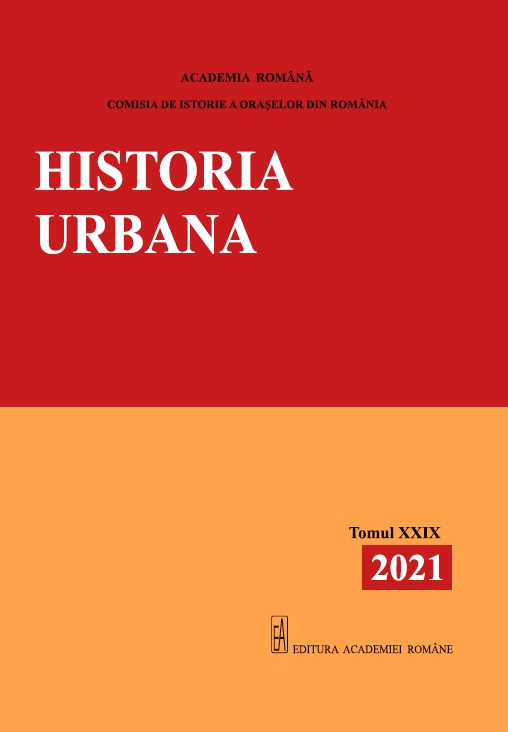Lviv and Towns of the Moldavian Principality in the Second Half of the 15th Century: Economic and Social Contacts
Lviv and Towns of the Moldavian Principality in the Second Half of the 15th Century: Economic and Social Contacts
Author(s): Miron KapralSubject(s): Economic history, Social history, Middle Ages, 15th Century
Published by: Editura Academiei Române
Keywords: Lviv; Suceava; Principality of Moldavia; trade relations; merchants;
Summary/Abstract: The article deals with economic and social relations between Lviv, as the largest Ukrainian cities in the Medieval Ages, and the towns of Moldavian principality. They were established primarily on economic grounds, as trade routes to the East passed through the principality. Lviv officials supported the political and diplomatic steps of the Kingdom of Poland towards rapprochement with the Principality of Moldavia. Economic relations developed especially intensively under Stephen the Great, prince of Moldavia in the second half of the 15th century, when the Turks captured the northern Black Sea coast with the main trading ports of Kaffa, Kilia, and Cetatea-Alba.In addition to the important function of ensuring the transit of oriental goods to the West, Moldavian merchants supplied the Lviv market with local goods. Lviv city books note large consignments of oxen and beluga fish among the main products of Moldavian exports. In exchange, Lviv merchants supplied the Moldavian market with large quantities of Western cloth, iron products, and dyes. The organization of trade processes was facilitated by the protectionist policy of the Moldavian prince, who granted a number of privileges to the city of Lviv. Strong trade and economic contacts arose due to the large diasporas of Armenian and German merchants that existed in Lviv and Suceava, Seret, and other Moldavian towns. Merchants’ groups and companies arose among Armenians, Germans, Wallachians, and Ruthenians on both mononational and multinational grounds. Immigrants from the Moldavian principality settled in Lviv and the region; on the one hand, they provided stronger economic contacts, and on the other hand, they avoided the threatening Turkish expansion into Moldavian lands.
Journal: Historia Urbana
- Issue Year: XXIX/2021
- Issue No: 29
- Page Range: 5-20
- Page Count: 16
- Language: English
- Content File-PDF

